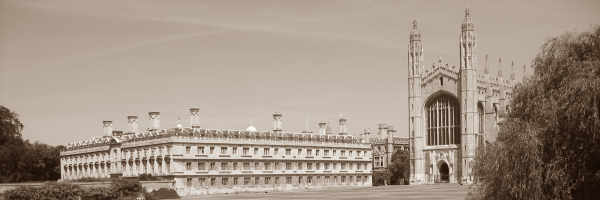
Over the centuries many mathematicians have been interested in questions similar to the ones you might have been exploring here. They have even attracted the attention of some of the best mathematicians that ave ever lived.
One of them was Srinivasa Ramanujan a tragic genius, who, among other things, was very interested in partition numbers. Ramanujan was born in 1887 in a small Indian village around 400km from Madras (now Chennai). He developed a passion for maths when he was at school, and by age 15 routinely solved maths problems that went way beyond what his classmates were dealing with. But since he neglected all other subjects apart from maths, he never got into university. So he kept on studying maths alone while working as a clerk for the Madras Port Trust.
One day, in 1913, Ramanujan decided to write a letter that was to change his life. It was addressed to the famous mathematician G. H. Hardy, who worked in Cambridge, on the other side of the globe. The letter was full of mathematical results, but the way they were presented was so different from the standard way people wrote about maths at the time that Hardy became intrigued. It seemed that the mysterious person writing from far-away India had taught himself all the maths that he was writing about and was also amazingly clever. Hardy invited Ramanujan to Cambridge, and on March 17, 1914 Ramanujan set sail for England.
In Cambridge, Hardy and Ramanujan started one of the most remarkable collaborations in mathematical history. Right from the start they produced important results, including results about partition numbers, and Ramanujan made up for the gaps in his formal maths education by taking a degree in Cambridge. It looked like he was headed for a great career, but unfortunately his health was troubling him. It seems that the English food, which he wasn't used to, and the cold weather were to blame. Ramanujan decided to return to India in 1919 and died the following year, aged only 33. Today Ramanujan is still celebrated as one of India's greatest mathematicians.
